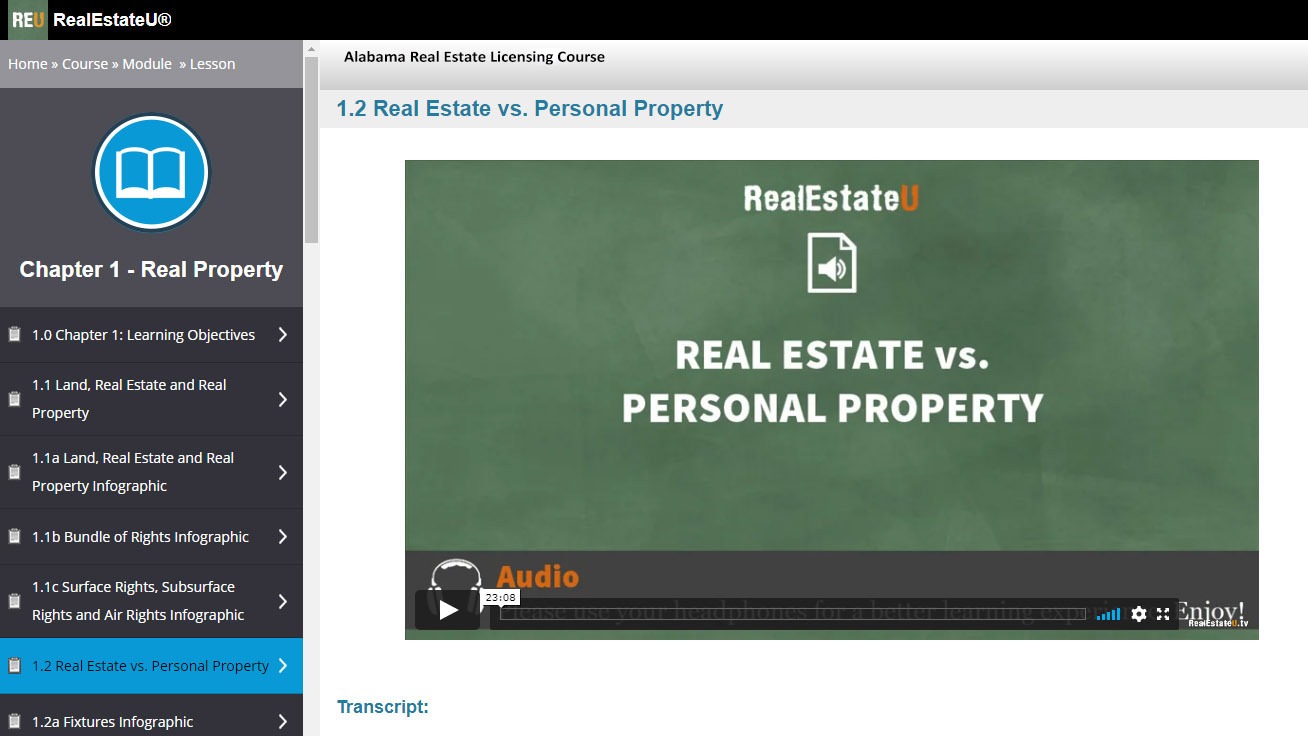
Many buyers love fha loans because they allow them to use gift funds to buy a home or make a low down payment. They are also a good choice if you have credit challenges or need a lower debt-to-income ratio. But sellers don't like fha loans because they worry that the buyer may not be able to afford the house. Sellers worry about the possibility that a loan might fall through during underwriting, which could cause buyers to cancel their offer and place the house on the market again.
Sellers Not Like FHA Loans
Most real estate professionals believe that fha loans are a great way to help more people get into homes, and that these types of financing are not only safe for the homeowner, but also for the mortgage lender as well. This doesn't necessarily mean all sellers are in agreement with this view.
There are a few reasons sellers might not like FHA loans.

The reason they aren't familiar with the mortgage program is one. They have a lot of misconceptions about what it takes to qualify for an fha loan, and they think that someone who uses this type of financing is in danger of defaulting on their mortgage, which can be damaging for a seller's equity in the property.
FHA loans have another problem: they require an appraisal before the sale can proceed. While this appraisal doesn't include a thorough inspection of the property but does verify that it meets FHA minimum standards.
The seller may feel uneasy if the appraiser determines that the property is worth less then they had agreed to. This can lead to a stalemate in the negotiation, as both parties are stuck trying to figure out what to do next.
Many people are unaware that an FHA loan requires the borrower to have mortgage insurance. This can be costly in certain cases. A borrower might choose to take out a conventional loan in these cases.

These issues can be solved by educating sellers and agents about the program. They will be more comfortable selling their home to an fha borrower.
Why would a seller not accept an FHA Loan?
If a seller is hesitant about working with a buyer who uses an fha loan, they could try to convince them by waiving some of the seller concessions that usually come along with a traditional purchase. This may include seller assistance or closing costs.
A real estate agent who specializes in helping sellers should have an understanding of fha loans and how they affect the sales process. They can also work together with the seller to find a solution. Ultimately, though, it is up to the buyer to decide whether an fha loan is the right option for them.
FAQ
How long does it take to sell my home?
It depends on many different factors, including the condition of your home, the number of similar homes currently listed for sale, the overall demand for homes in your area, the local housing market conditions, etc. It takes anywhere from 7 days to 90 days or longer, depending on these factors.
How can I fix my roof
Roofs can leak because of wear and tear, poor maintenance, or weather problems. Roofers can assist with minor repairs or replacements. Contact us to find out more.
What are the key factors to consider when you invest in real estate?
First, ensure that you have enough cash to invest in real property. If you don’t save enough money, you will have to borrow money at a bank. You also need to ensure you are not going into debt because you cannot afford to pay back what you owe if you default on the loan.
It is also important to know how much money you can afford each month for an investment property. This amount should include mortgage payments, taxes, insurance and maintenance costs.
It is important to ensure safety in the area you are looking at purchasing an investment property. It is best to live elsewhere while you look at properties.
Is it better to buy or rent?
Renting is typically cheaper than buying your home. It's important to remember that you will need to cover additional costs such as utilities, repairs, maintenance, and insurance. The benefits of buying a house are not only obvious but also numerous. For example, you have more control over how your life is run.
How many times may I refinance my home mortgage?
It all depends on whether your mortgage broker or another lender is involved in the refinance. You can typically refinance once every five year in either case.
Statistics
- The FHA sets its desirable debt-to-income ratio at 43%. (fortunebuilders.com)
- Based on your credit scores and other financial details, your lender offers you a 3.5% interest rate on loan. (investopedia.com)
- When it came to buying a home in 2015, experts predicted that mortgage rates would surpass five percent, yet interest rates remained below four percent. (fortunebuilders.com)
- This means that all of your housing-related expenses each month do not exceed 43% of your monthly income. (fortunebuilders.com)
- It's possible to get approved for an FHA loan with a credit score as low as 580 and a down payment of 3.5% or a credit score as low as 500 and a 10% down payment.5 Specialty mortgage loans are loans that don't fit into the conventional or FHA loan categories. (investopedia.com)
External Links
How To
How to Manage a Rent Property
Renting your home can be a great way to make extra money, but there's a lot to think about before you start. We will show you how to manage a rental home, and what you should consider before you rent it.
Here are some things you should know if you're thinking of renting your house.
-
What factors should I first consider? You need to assess your finances before renting out your home. If you have outstanding debts like credit card bills or mortgage payment, you may find it difficult to pay someone else to stay in your home while that you're gone. Check your budget. If your monthly expenses are not covered by your rent, utilities and insurance, it is a sign that you need to reevaluate your finances. It may not be worth it.
-
How much does it cost for me to rent my house? There are many factors that go into the calculation of how much you can charge to let your home. These factors include the location, size and condition of your home, as well as season. Remember that prices can vary depending on where your live so you shouldn't expect to receive the same rate anywhere. Rightmove reports that the average monthly market price to rent a one-bedroom flat is around PS1,400. This means that you could earn about PS2,800 annually if you rent your entire home. It's not bad but if your property is only let out part-time, it could be significantly lower.
-
Is it worth it? Although there are always risks involved in doing something new, if you can make extra money, why not? You need to be clear about what you're signing before you do anything. Not only will you be spending more time away than your family, but you will also have to maintain the property, pay for repairs and keep it clean. Before you sign up, make sure to thoroughly consider all of these points.
-
Are there any advantages? So now that you know how much it costs to rent out your home and you're confident that it's worth it, you'll need to think about the advantages. Renting out your home can be used for many reasons. You could pay off your debts, save money for the future, take a vacation, or just enjoy a break from everyday life. It is more relaxing than working every hour of the day. Renting could be a full-time career if you plan properly.
-
How can I find tenants? After you have made the decision to rent your property out, you need to market it properly. Listing your property online through websites like Rightmove or Zoopla is a good place to start. Once you receive contact from potential tenants, it's time to set up an interview. This will help to assess their suitability for your home and confirm that they are financially stable.
-
What can I do to make sure my home is protected? You should make sure your home is fully insured against theft, fire, and damage. In order to protect your home, you will need to either insure it through your landlord or directly with an insured. Your landlord will likely require you to add them on as additional insured. This is to ensure that your property is covered for any damages you cause. If you are not registered with UK insurers or if your landlord lives abroad, however, this does not apply. In such cases you will need a registration with an international insurance.
-
You might feel like you can't afford to spend all day looking for tenants, especially if you work outside the home. But it's crucial that you put your best foot forward when advertising your property. A professional-looking website is essential. You can also post ads online in local newspapers or magazines. Also, you will need to complete an application form and provide references. Some people prefer to do everything themselves while others hire agents who will take care of all the details. In either case, be prepared to answer any questions that may arise during interviews.
-
What do I do when I find my tenant. If you have a contract in place, you must inform your tenant of any changes. You may also negotiate terms such as length of stay and deposit. Remember that even though you will be paid at the end of your tenancy, you still have to pay utilities.
-
How do I collect rent? When it comes time for you to collect your rent, check to see if the tenant has paid. If not, you'll need to remind them of their obligations. Before you send them a final invoice, you can deduct any outstanding rent payments. If you're struggling to get hold of your tenant, you can always call the police. The police won't ordinarily evict unless there's been breach of contract. If necessary, they may issue a warrant.
-
How do I avoid problems? While renting out your home can be lucrative, it's important to keep yourself safe. Consider installing security cameras and smoke alarms. You should also check that your neighbors' permissions allow you to leave your property unlocked at night and that you have adequate insurance. Finally, you should never let strangers into your house, even if they say they're moving in next door.